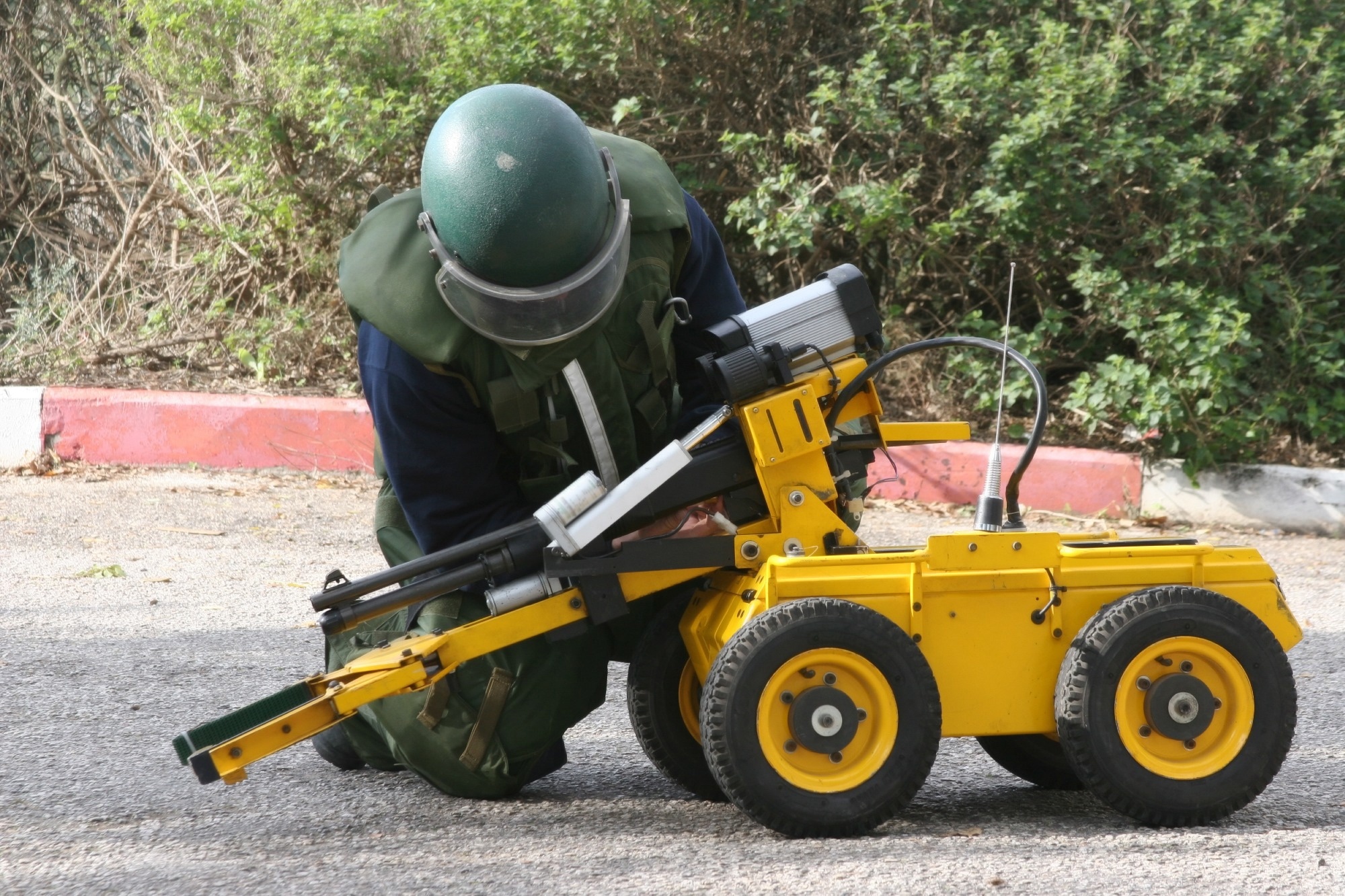In a recent article published in the journal Energies, researchers proposed an advanced framework for robotic technology systems in mining operations, aiming to enhance safety, efficiency, and intelligence, with a specific focus on coal mining. They conducted a comprehensive review of the current research and application status of various types of coal mining robots in China and abroad, providing insights into new directions for future research and development in coal mining robotics.
 Study: Advancing Robotic Technology in Coal Mining. Image Credit: Stavchansky Yakov/Shutterstock.com
Study: Advancing Robotic Technology in Coal Mining. Image Credit: Stavchansky Yakov/Shutterstock.com
Background
Coal is an important source of energy and raw material for many industries, especially in developing countries. However, coal mining poses huge safety risks and environmental challenges due to the complex and harsh underground conditions. Therefore, there is a pressing need for technological innovation and automation to reduce reliance on human labor and enhance productivity and safety in coal mining operations.
One promising solution involves employing coal mining robots, which are special machines that can perform various tasks in underground mines, such as tunneling, coal cutting, transportation, inspection, security control, rescue, and maintenance. They can improve productivity, quality, and safety, as well as reduce the labor intensity and cost of human workers. These robots can operate in complex and dynamic environments, adapting to changing conditions while collaborating with other robots and humans.
Additionally, they mitigate miners' exposure to dust, noise, gas, and other hazards, thereby enhancing efficiency. Thus, they play a crucial role in the development of intelligent coal mines, integrating networking, intelligence, and robotization to achieve transparent and adaptive mining processes.
About the Research
In this paper, the authors presented a comprehensive review of the development of coal mining robotic systems. They also introduced a new framework with four levels such as robotized equipment, single robots, unmanned systems, and robot crowds. In addition, they clarified the important technologies of coal mining robot development, such as mechanical system innovation, explosion-proof design, power drive, positioning and navigation, intelligent sensing, and underground communication.
The study summarized the current state-of-the-art research and implication status of different types of coal mining robots in China and provided a novel path for future coal mining robot development. It also discussed the integration of new technologies such as fifth-generation mobile networks (5G), big data, the industrial internet, digital twins, and artificial intelligence (AI) to enhance the intelligent and autonomous application of coal mining robots.
Ultimately, the researchers suggested establishing a standard technique for coal mining robots to obtain customized and standardized production of different types of robots.
Research Findings
The outcomes showed significant advancements in coal mining robots in recent years, both in technology and application. The authors highlighted the following achievements and innovations in current coal mining robot development:
- Coal mining robots have made substantial progress in China and other countries, with clearer concept definitions, expanded coverage, and an increasing number of robot products and intelligent equipment applied in the coal mining field.
- These robots have achieved various functions and modes of operation, including autonomous control, remote control, collaborative control, visual remote intervention, transparent mining, and intelligent adaptive mining.
- They have improved the safety, efficiency, and intelligence of coal mining operations while reducing labor intensity, energy consumption, and environmental impact.
However, coal mining robots still encounter some technical and engineering challenges. These include the reliability, adaptability, and standardization of robot design and manufacturing, as well as the integration and coordination of robot systems and equipment. Additionally, challenges persist in the perception and control of complex and dynamic mining environments, and the communication and interaction of underground and ground networks.
Applications
The researchers emphasized that coal mining robots play a pivotal role in realizing the objectives of intelligent coal mines. These objectives include integrating networking, intelligence, and robotization, as well as deeply incorporating intelligent technology with factors such as humans, machines, environment, and management in the workplace.
These robots facilitate the transition to clean fuels and mining automation technology, thereby reducing carbon dioxide emissions and the environmental impact of coal use. Additionally, they optimize the mining process of key raw materials for clean energy, such as lithium and cobalt.
Moreover, coal mining robots drive innovation and development in robot technology and industry. They promote the cross-integration of traditional coal machinery equipment with modern robot technology and the customization, standardization, and industrialization of various types of robot products and services.
Conclusion
To summarize, the study illustrated that coal mining robots represent a significant branch within the special robot field, serving as a crucial technological innovation in coal mine intelligence. Moving forward, the authors recommended focusing on the following areas:
- Exploring the most suitable intelligent process mode for robotized mining and establishing a comprehensive framework for robotized mining technology from the ground up.
- Establishing a reliability testing platform and a remote intelligent operation and maintenance platform for coal mining robots while enhancing the optimized design and iterative upgrading of these robots.
- Developing a universal operating system and a comprehensive control platform for all coal mine robots and advancing the standardization, modularization, and industrialization of coal mine robots.
Journal Reference
Huang, Z.; Ge, S.; He, Y.; Wang, D.; Zhang, S. Research on the Intelligent System Architecture and Control Strategy of Mining Robot Crowds. Energies 2024, 17, 1834. https://doi.org/10.3390/en17081834, https://www.mdpi.com/1996-1073/17/8/1834
Disclaimer: The views expressed here are those of the author expressed in their private capacity and do not necessarily represent the views of AZoM.com Limited T/A AZoNetwork the owner and operator of this website. This disclaimer forms part of the Terms and conditions of use of this website.